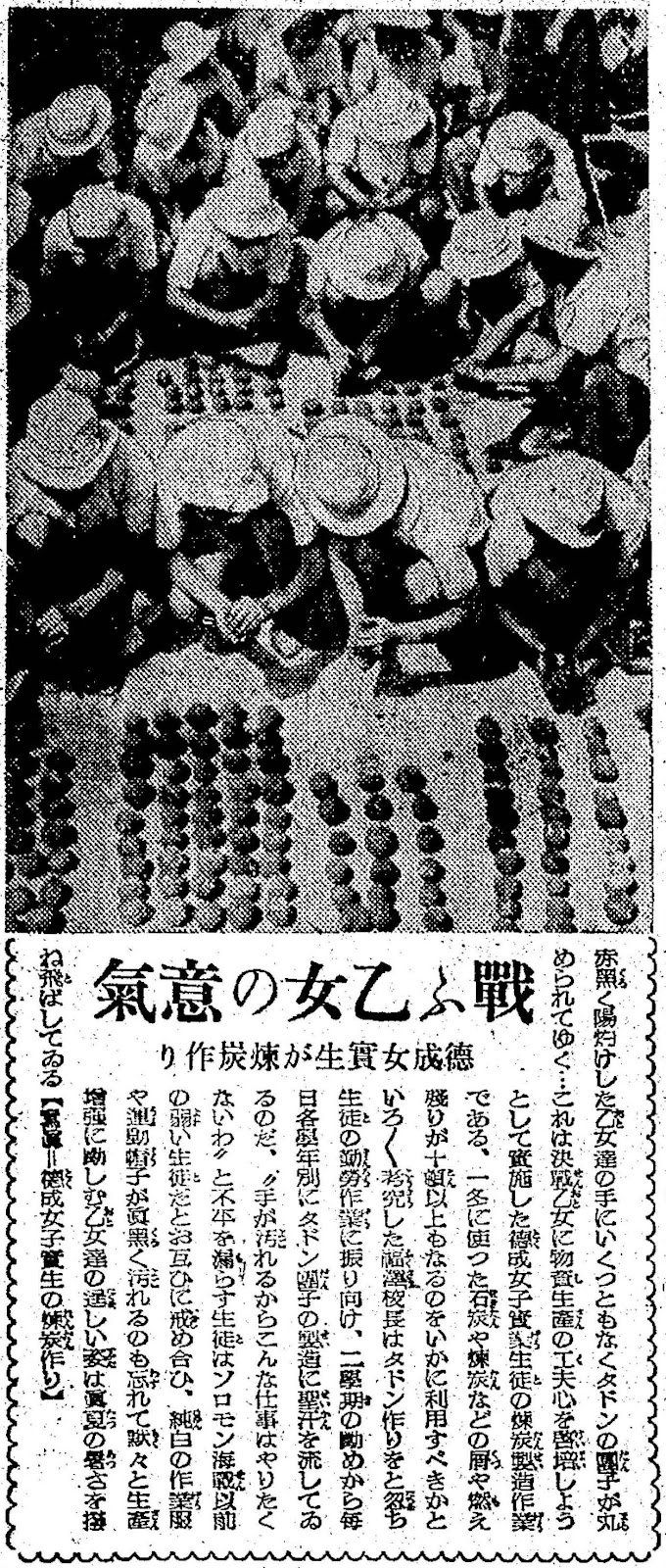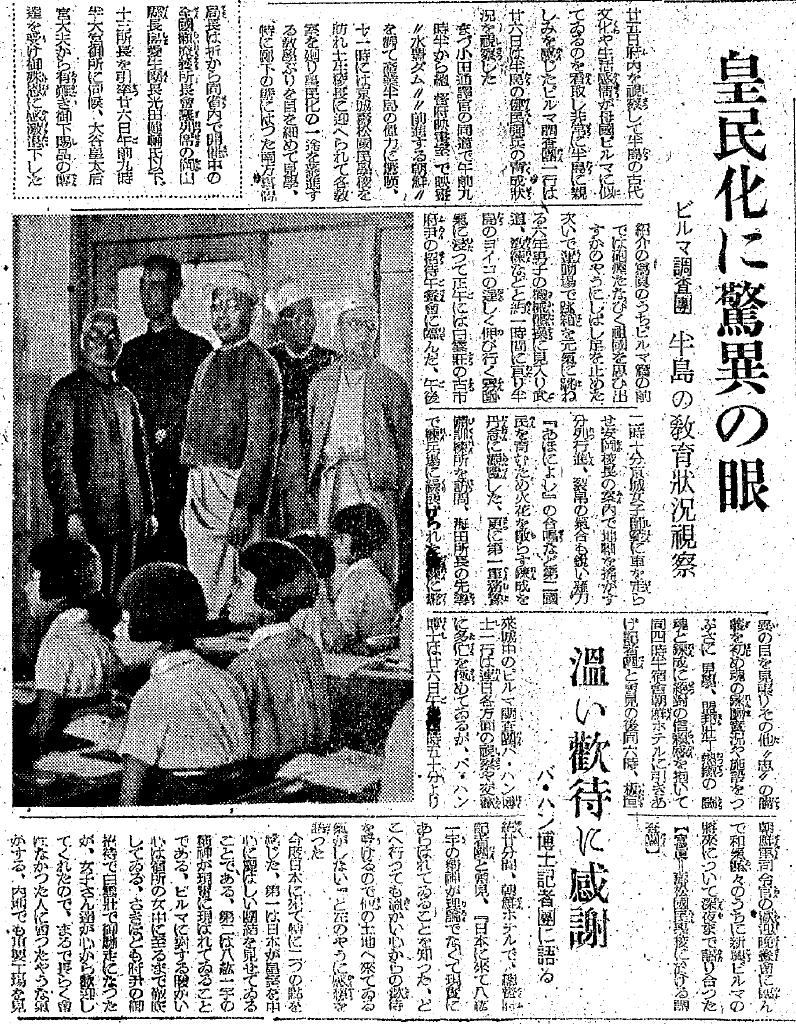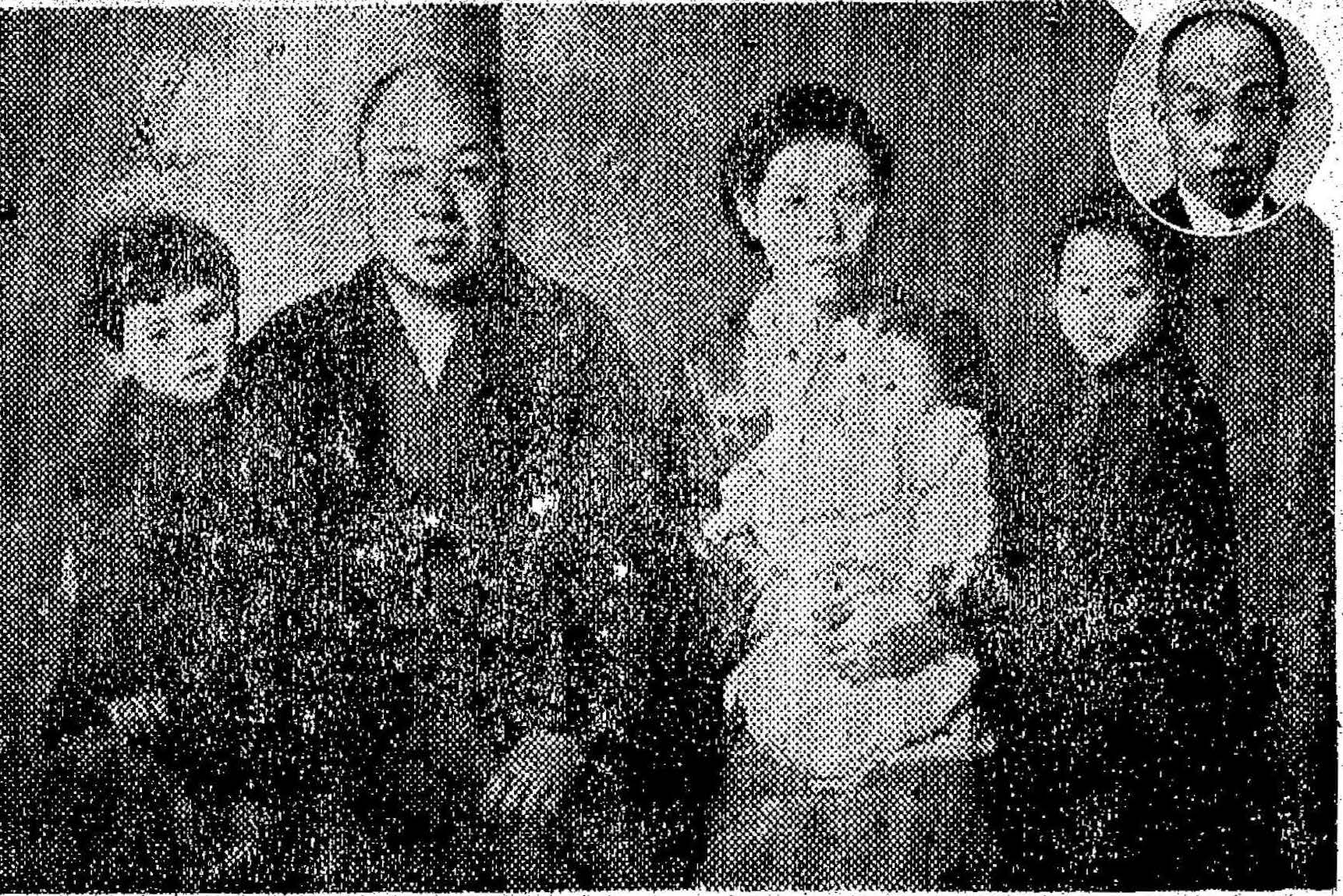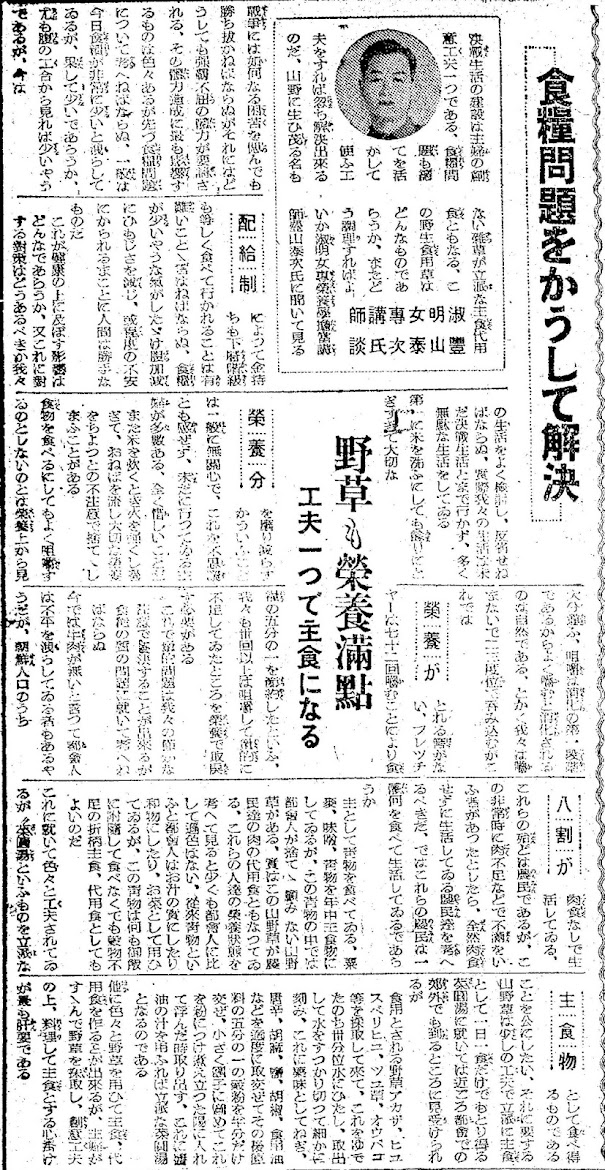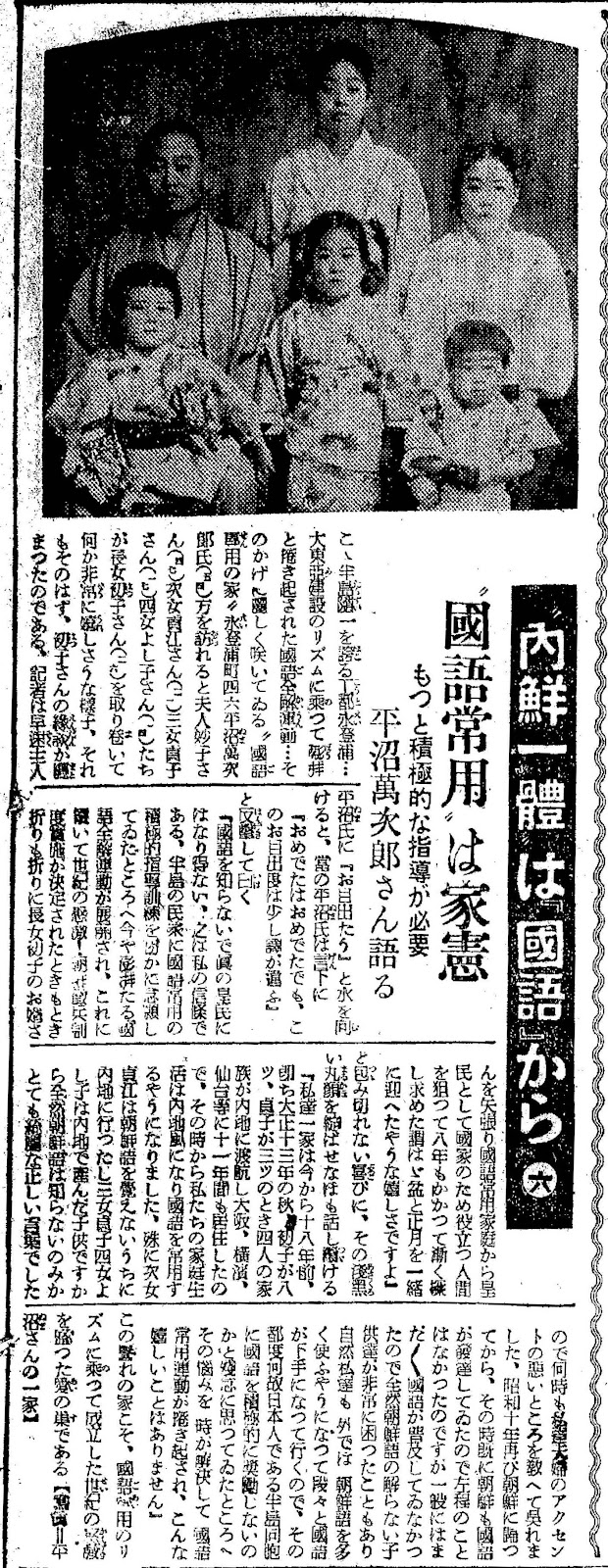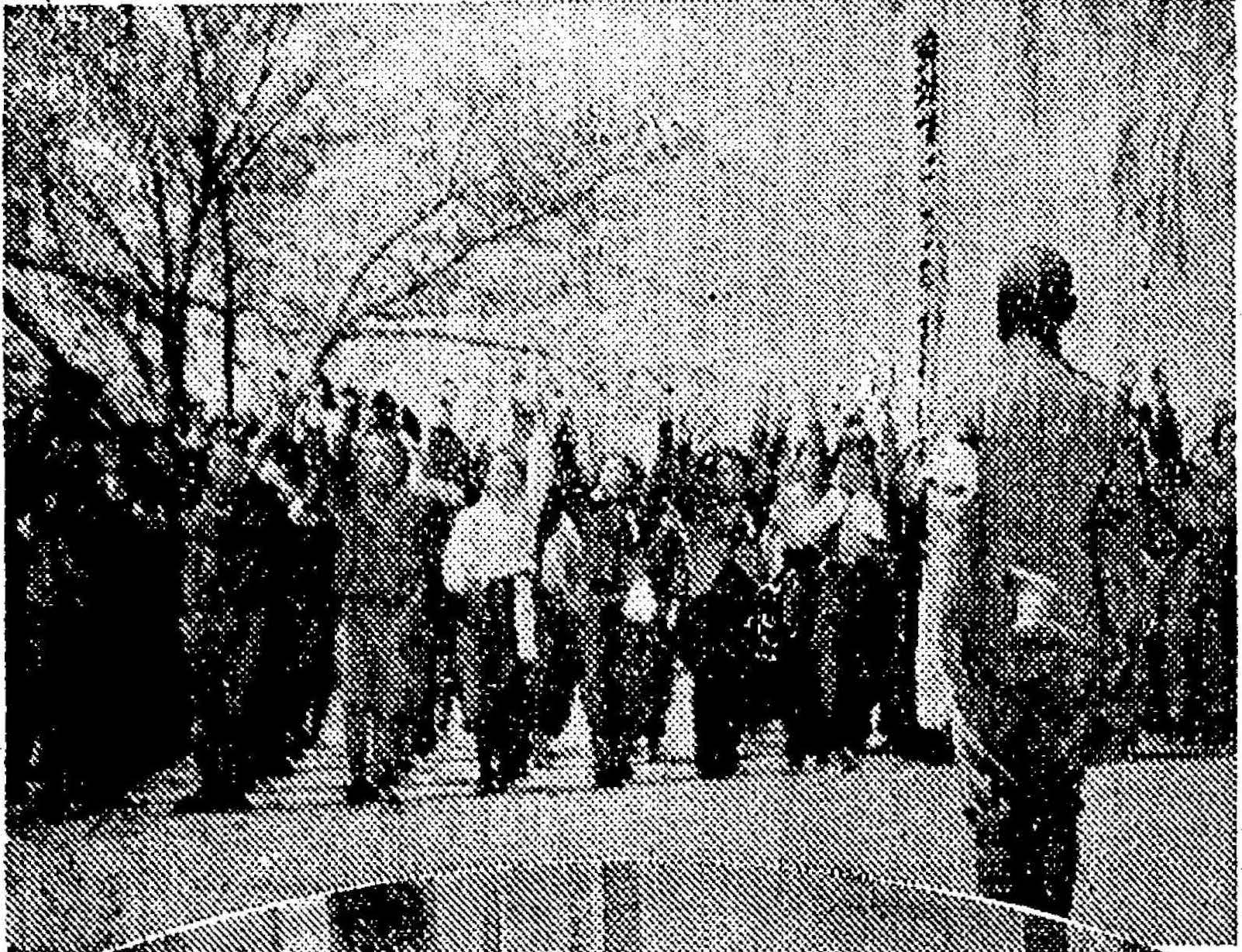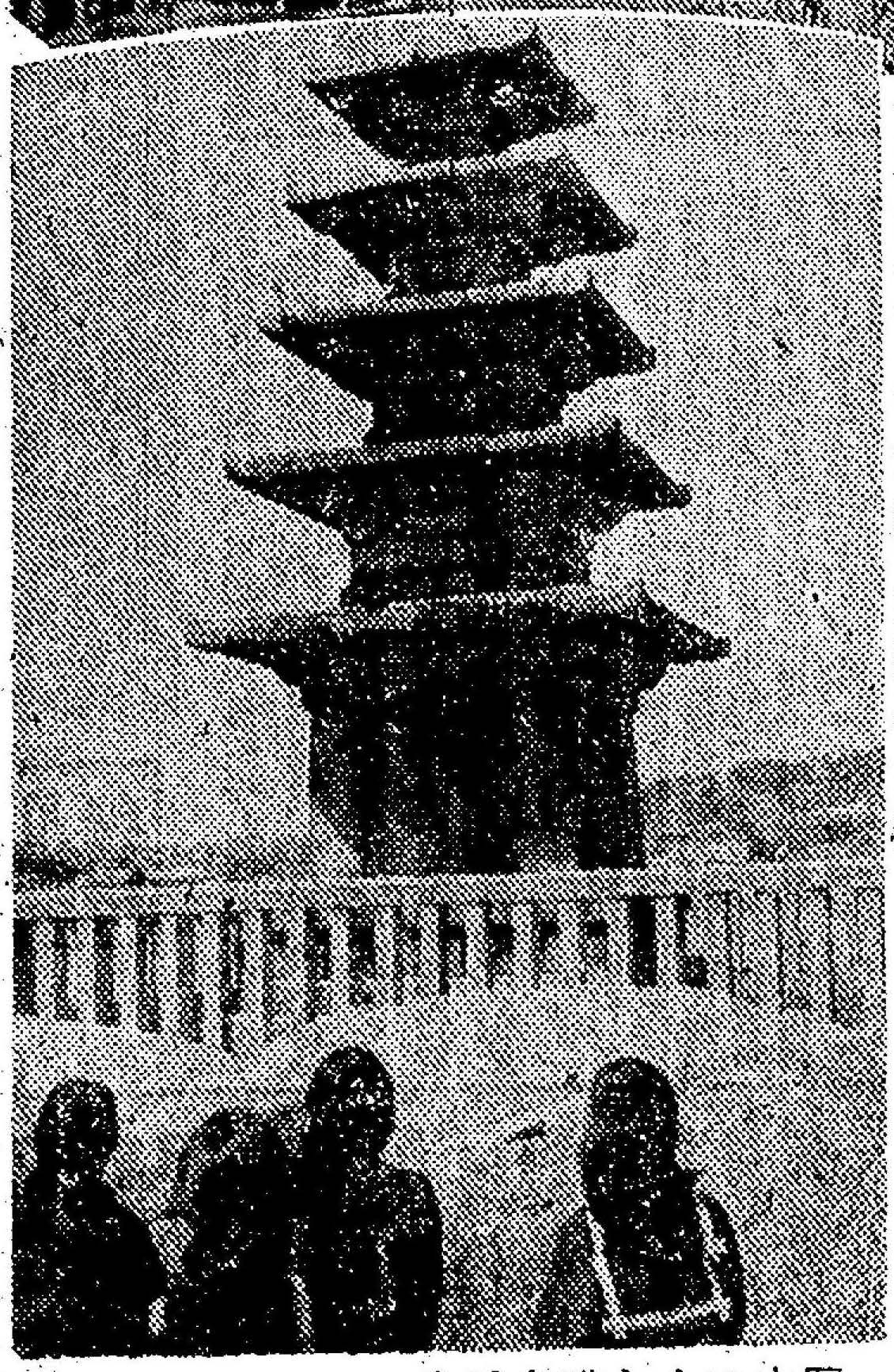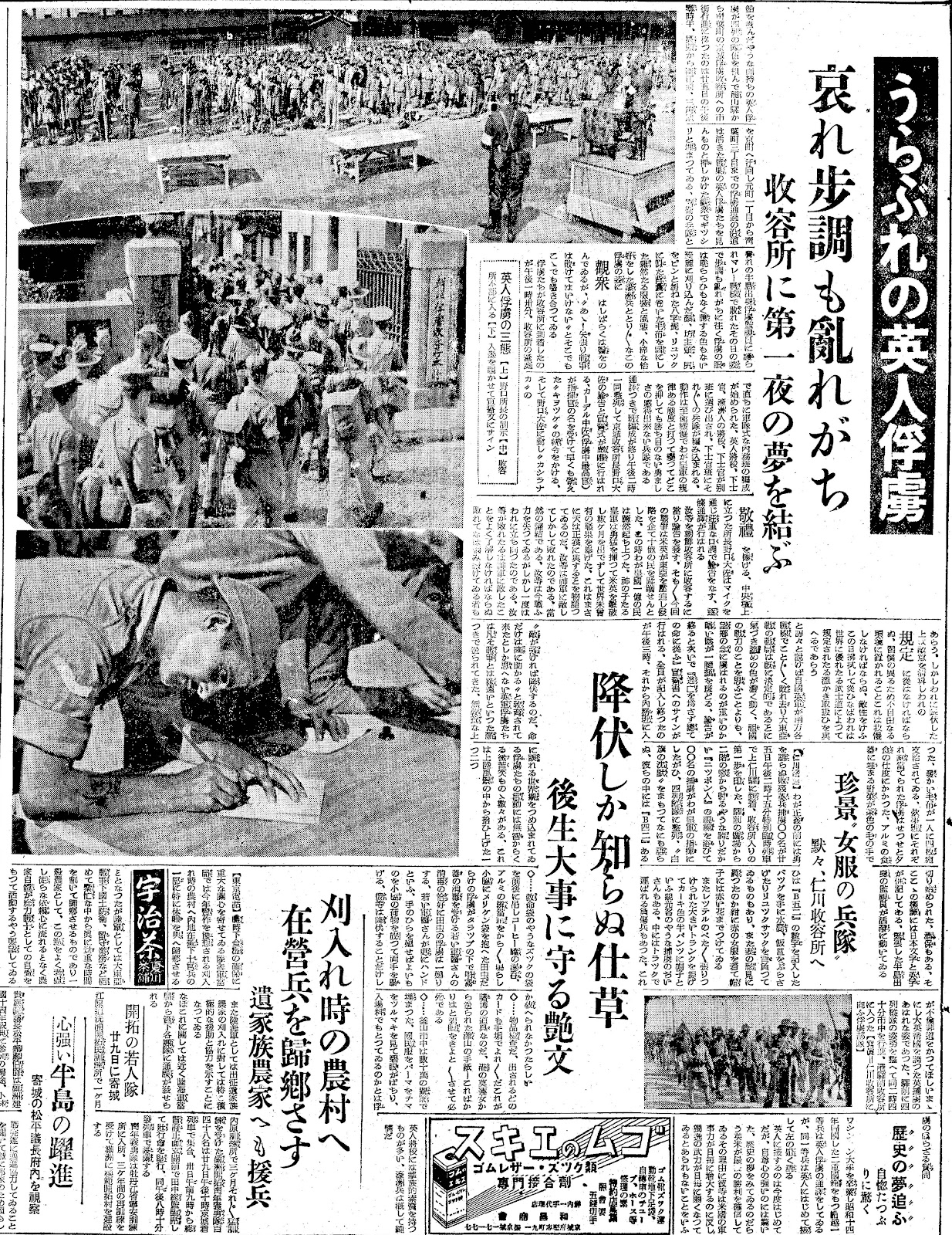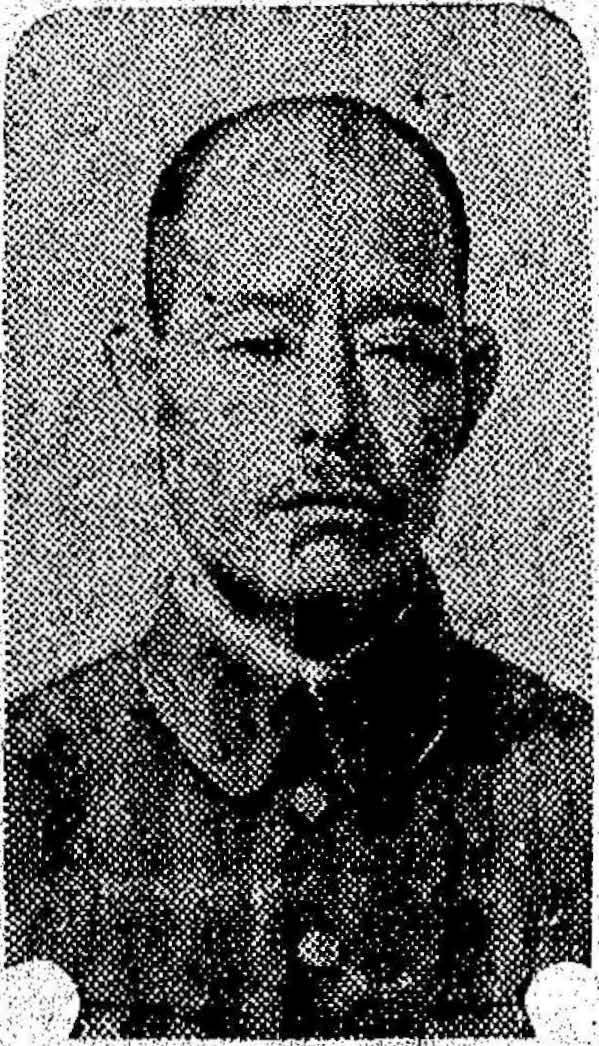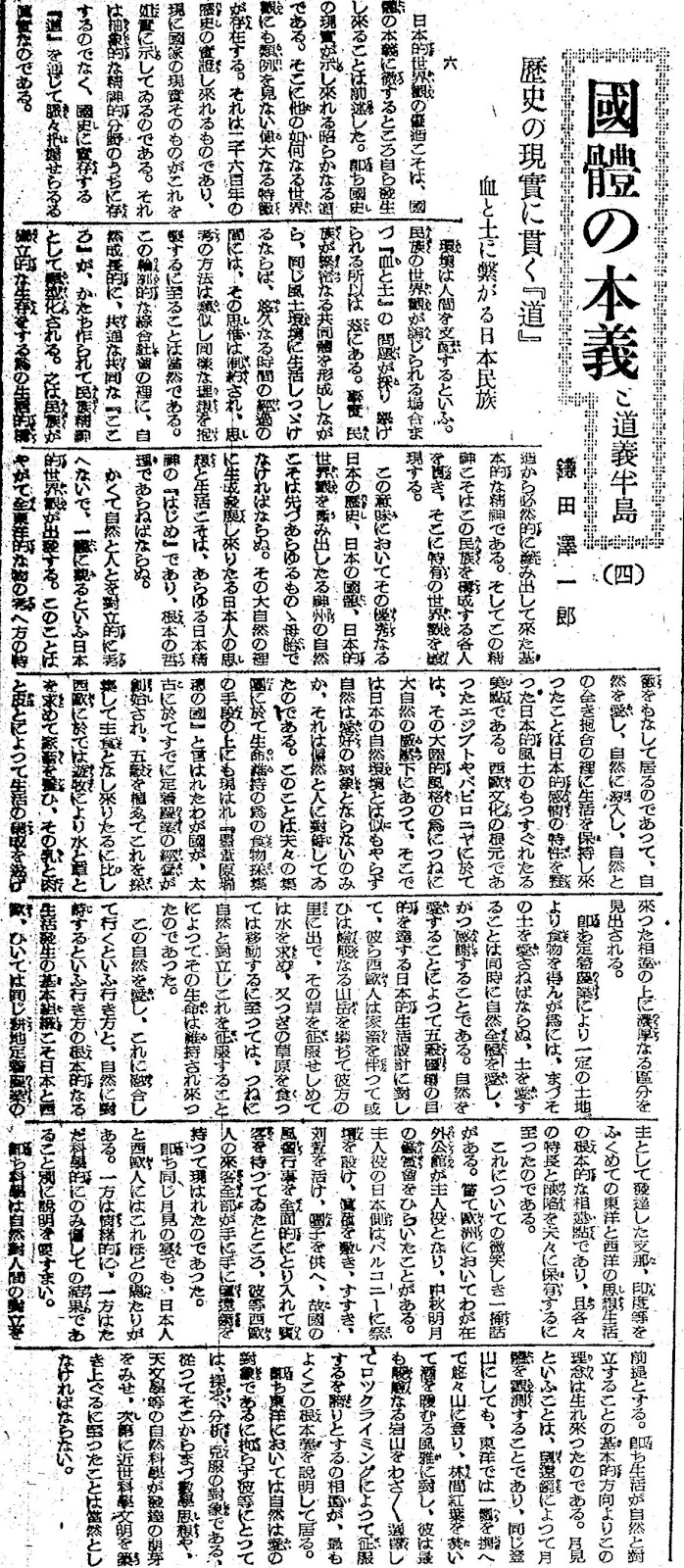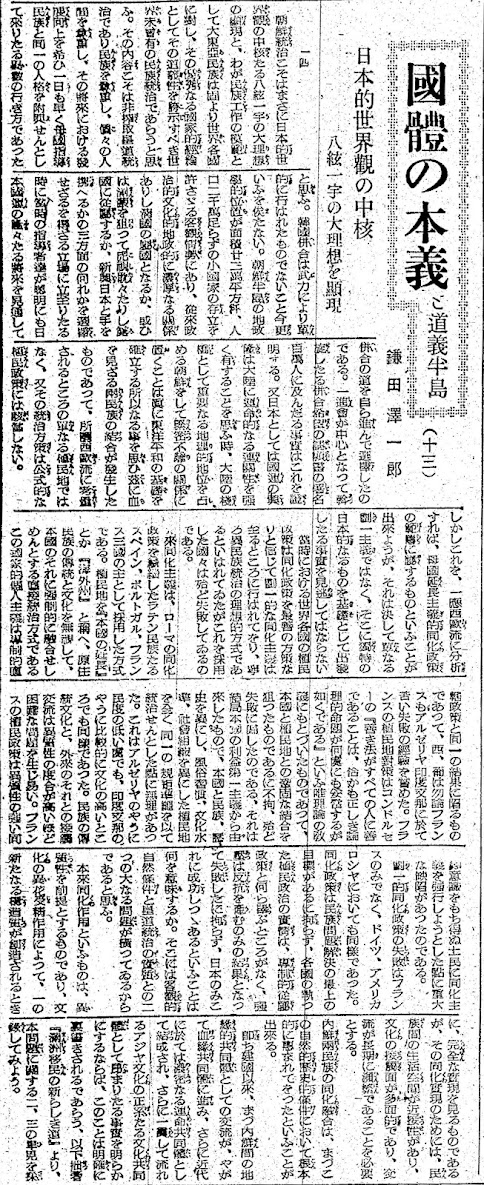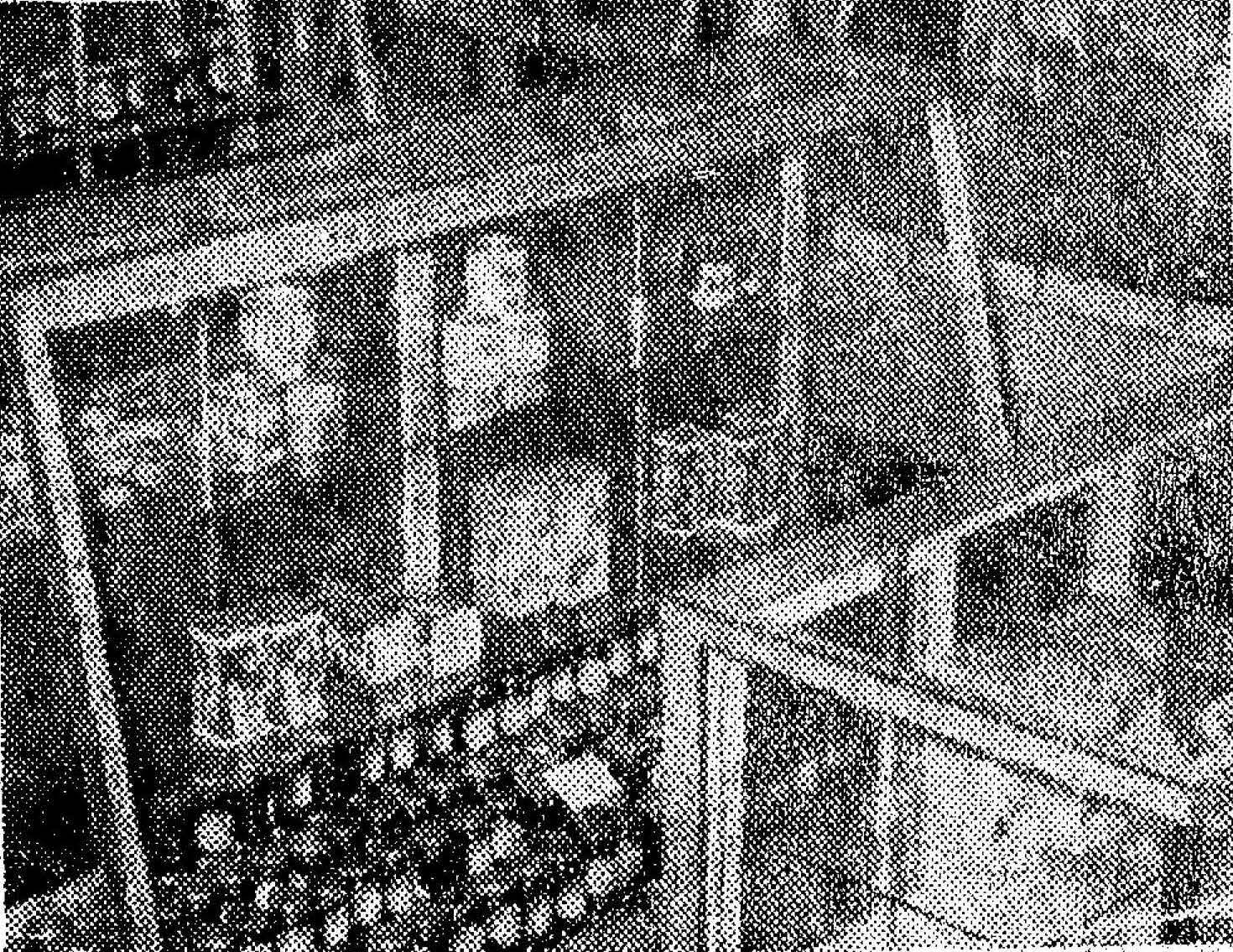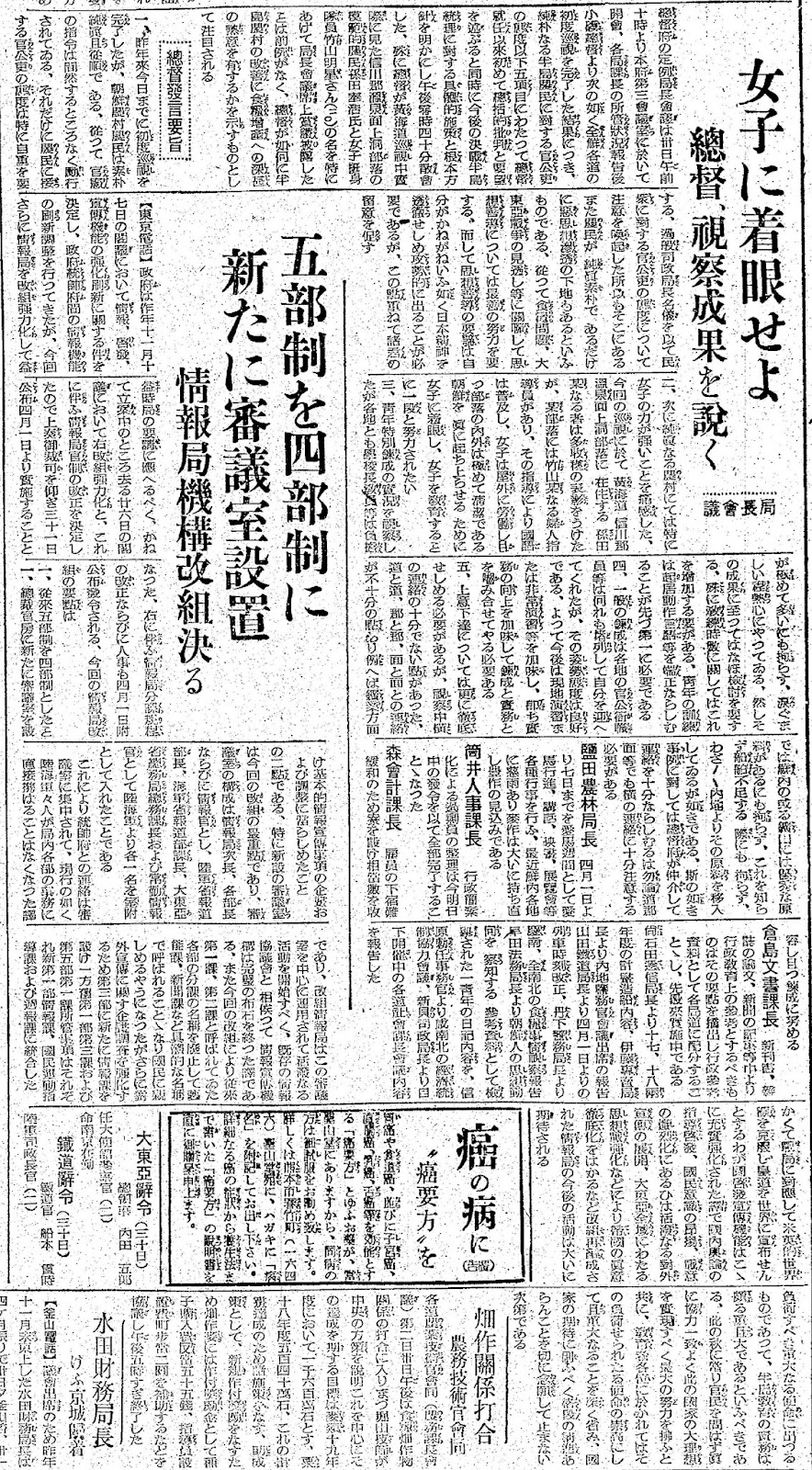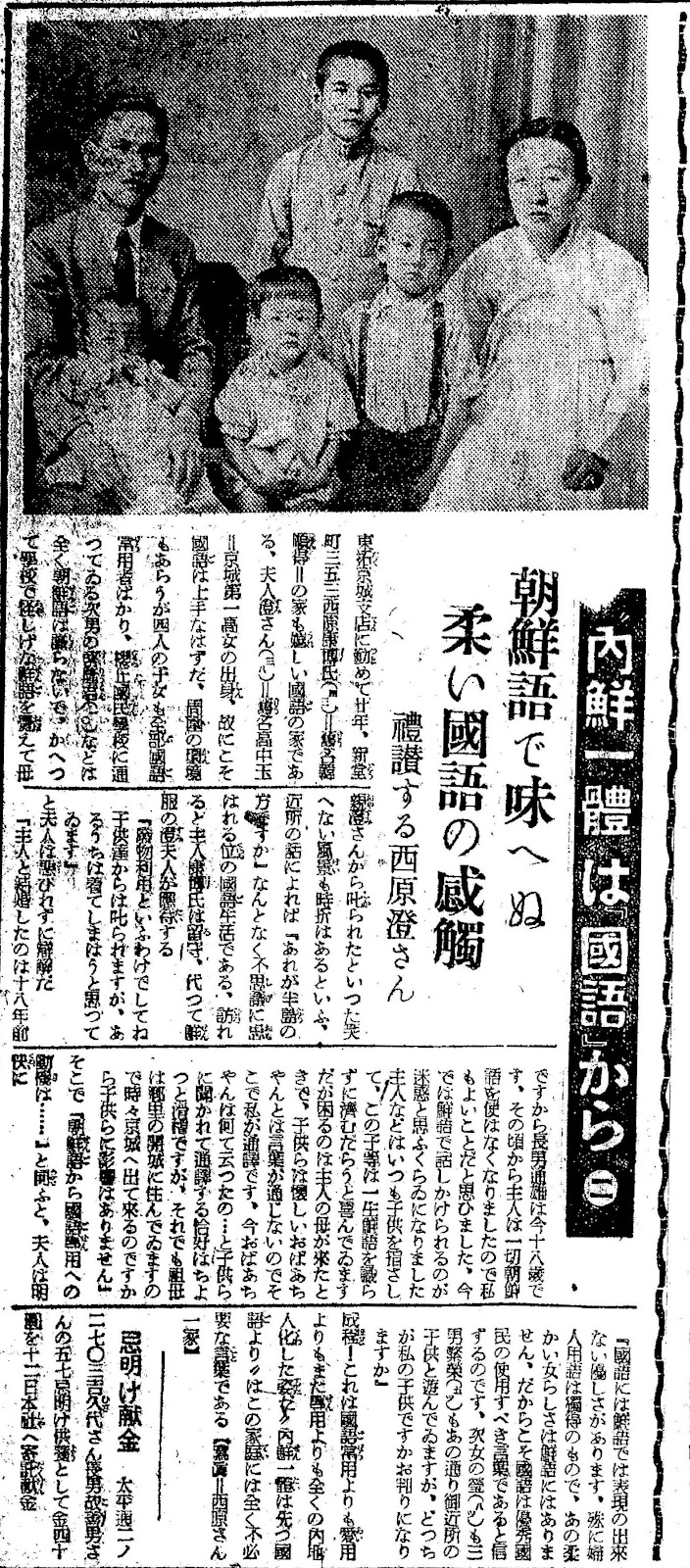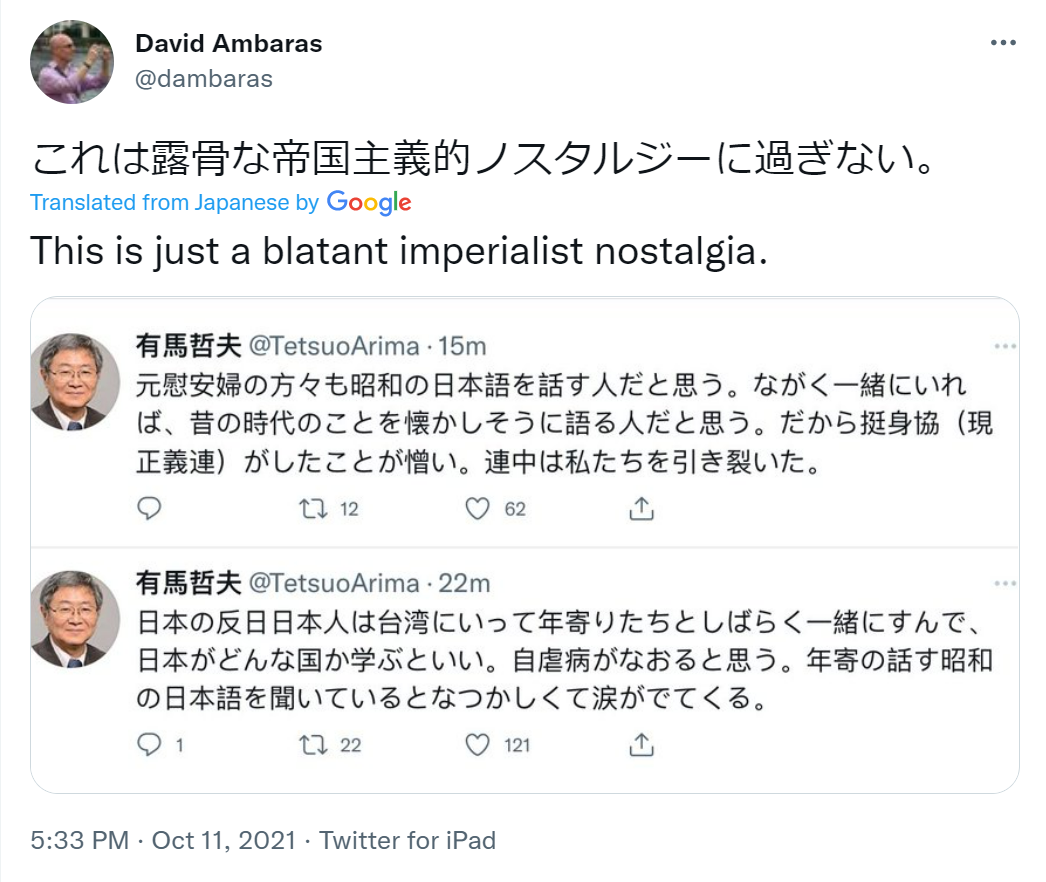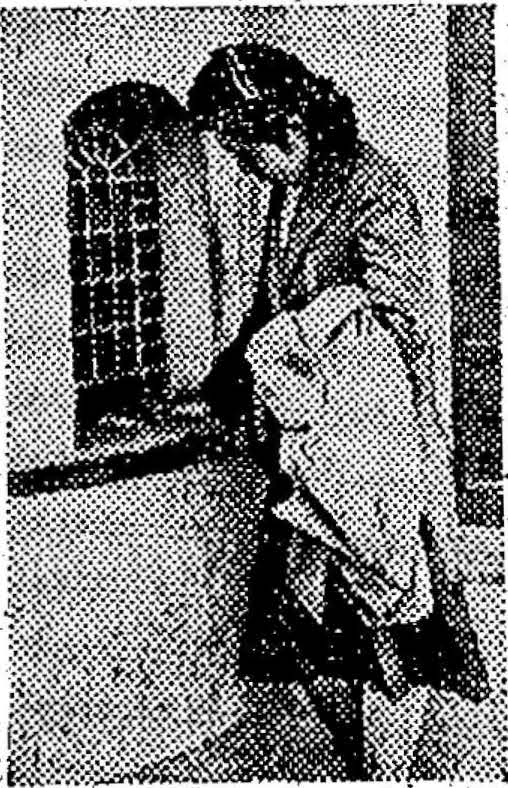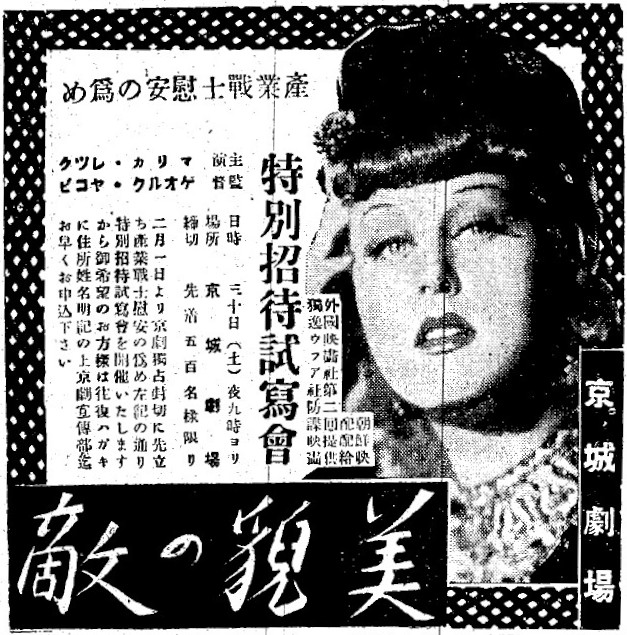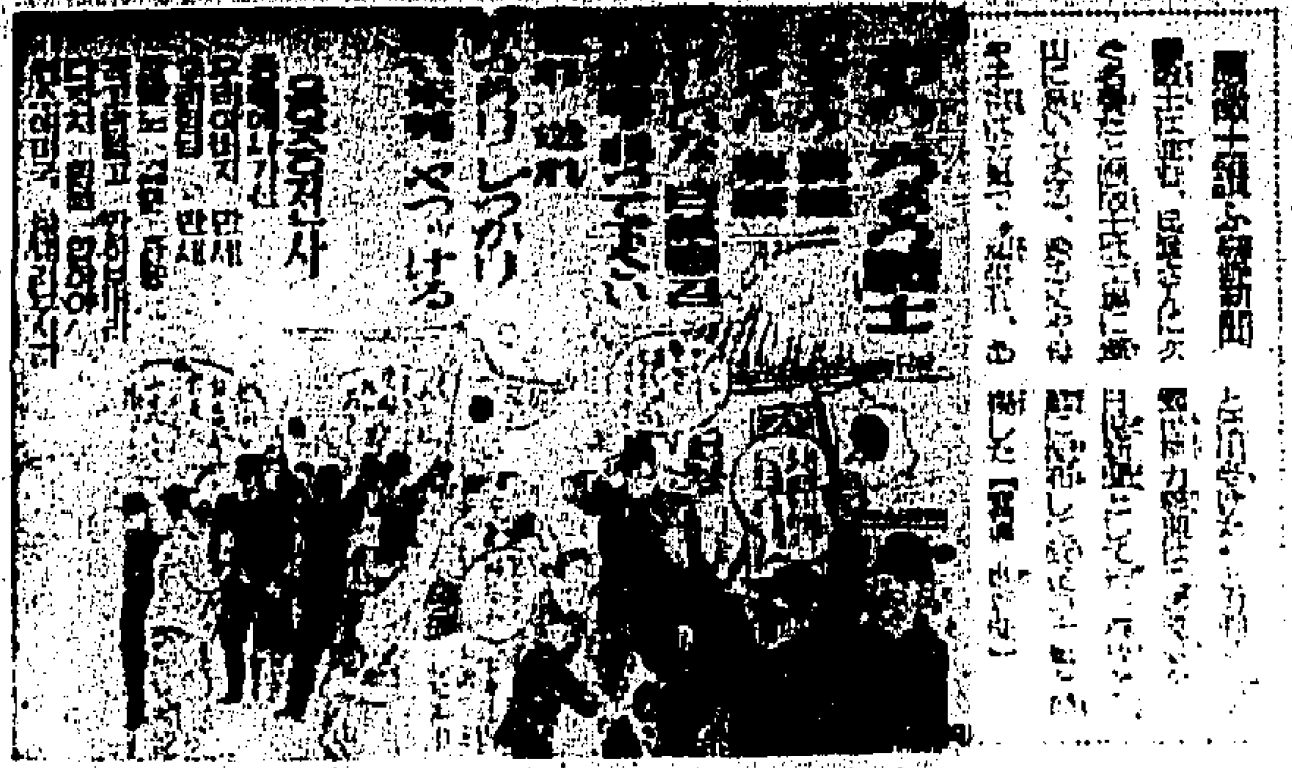
Bilingual Korean-Japanese propaganda posters started to be used in Korea starting October 1944
2023-07-31
203
651
For the past two years, I’ve been studying the pages of Keijo Nippo (Gyeonseong Ilbo), the official propaganda mouthpiece newspaper of the Imperial Japanese colonial regime which ruled Korea from 1905 to 1945. Ever since an anonymous benefactor dumped an extensive collection of these newspaper issue on Internet Archive in 2021, I’ve been slowly translating and transcribing select articles to share with the wider community. However, I’ve been running into frustrating roadblocks with many of these newspaper issues, since many of the scanned copies are illegible beyond the headlines, and the 1945 issues are all missing. But this September, I am actually traveling to Seoul, so I finally get the chance to visit the National Library of Korea to check out the actual physical copies of the newspapers to access the articles which were illegible in the Internet Archive collections. In this post, I want to share some of the mysteries that I hope I can solve during my upcoming trip to Korea.
As it so happens, the July to December 1944 issues of Keijo Nippo in the Internet Archives are mostly illegible beyond the headlines. That is a shame, since there are some weird things in those issues that I believe merit some attention. These later newspaper issues cover a period marked by significant changes in colonial Korea, such as the end of Governor-General Koiso‘s reign on August 8, 1944, and the beginning of the administration of Governor-General Abe, who ruled colonial Korea until the end of the war. Unfortunately, there is very little information about Governor-General Abe online, which is why these newspaper articles are such invaluable historical documents.
One particular point of interest is a bilingual Korean-Japanese propaganda poster from October 7, 1944. It seems to depict factory workers waving Japanese flags, though the low-resolution scans make it challenging to decipher any further details. Can anyone make out what the Korean portion of the poster might be saying? I plan to take a clearer picture of this newspaper page when I visit the National Library of Korea in September to get a better understanding of this bilingual poster. Intriguingly, while propaganda newspapers were regularly reproduced in the Keijo Nippo newspaper, this was the only Korean-Japanese bilingual poster that I came across while flipping through the newspapers spanning from 1936 to 1944. Its uniqueness makes it worthy of a closer look, and I promise to delve into this in more depth during my visit, if I manage to gain access to the archives at the National Library of Korea.
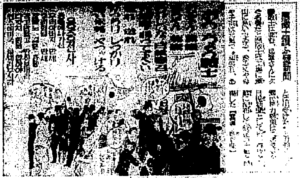
Another intriguing thing I noticed was the platinum collection campaign run by the Imperial Japanese military. The demand for platinum likely ties back to its unique properties, which would have been highly valuable for various military applications such as catalysts in chemical production, electric components, and high-temperature applications. The newspaper pages ran several platinum drive articles encouraging Koreans to donate platinum. They even ran an illustration depicting a young girl donating a platinum ring to the war effort.
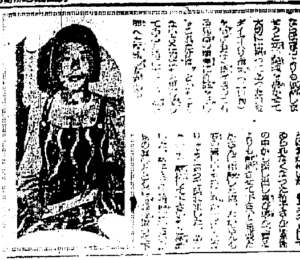
But what strikes me as unsettling was an article from December 29, 1944, which announces a “forced buy-up” of platinum, with threats of a 10-year prison sentence for refusing the buy-up. This type of threatening language was unheard of even for the extremist Koiso administration, which used softer language like “voluntary donation” for the collection war materials like brass. What was going on?
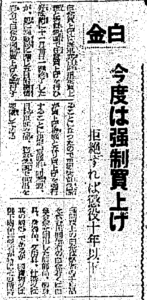
These snippets of history have piqued my interest, and I plan to investigate these and many other details from the colonial period further during my upcoming visit to the National Library of Korea. I aim to provide the community with a more detailed picture of this under-explored era. I’m sure many of you are just as curious about these aspects of Korean history, so I’ll be sure to share all my findings upon my return.
Source 1: https://www.archive.org/details/kjnp-1944-10-07
